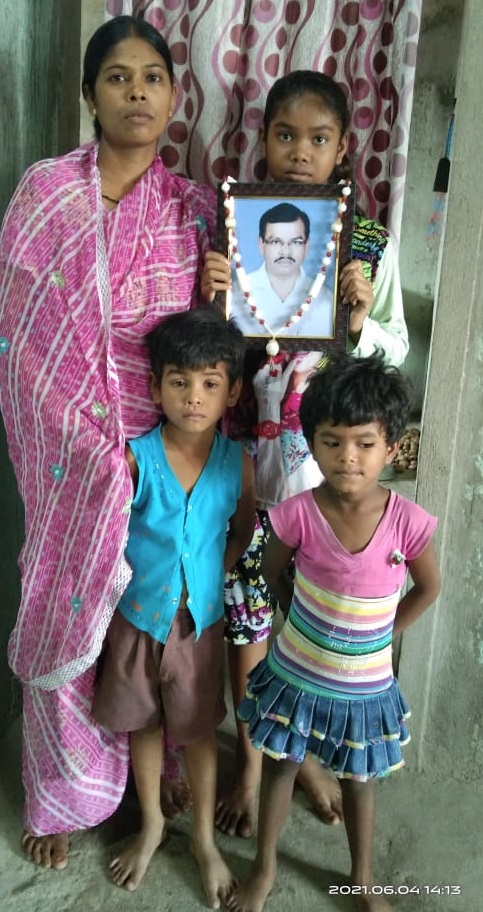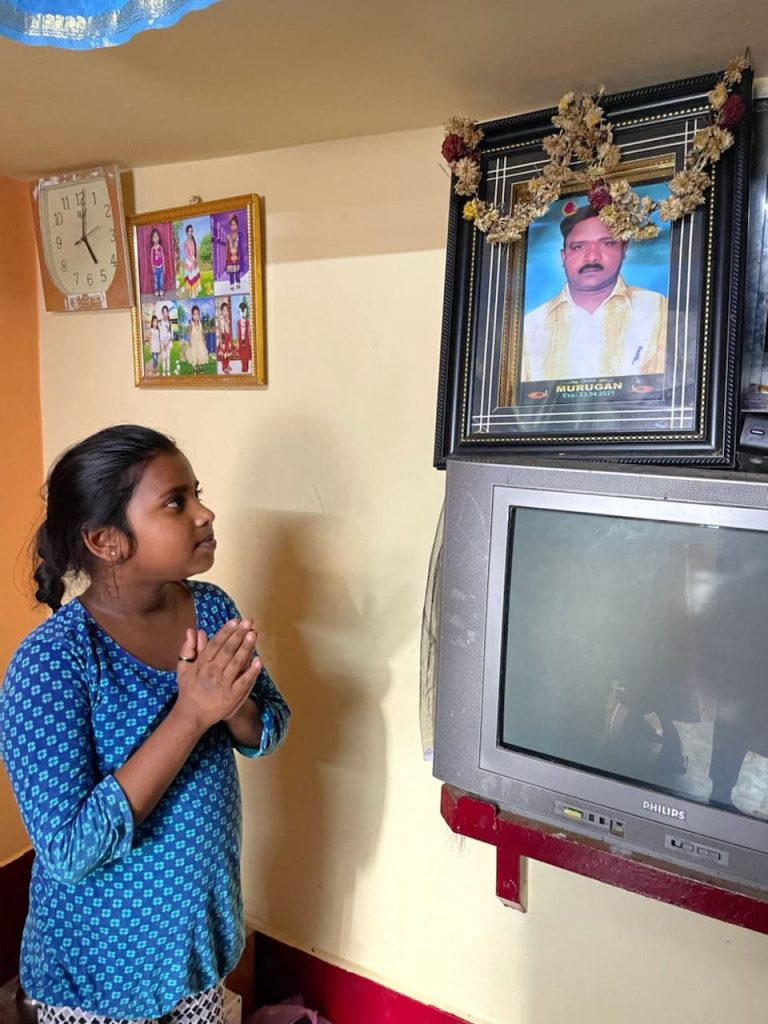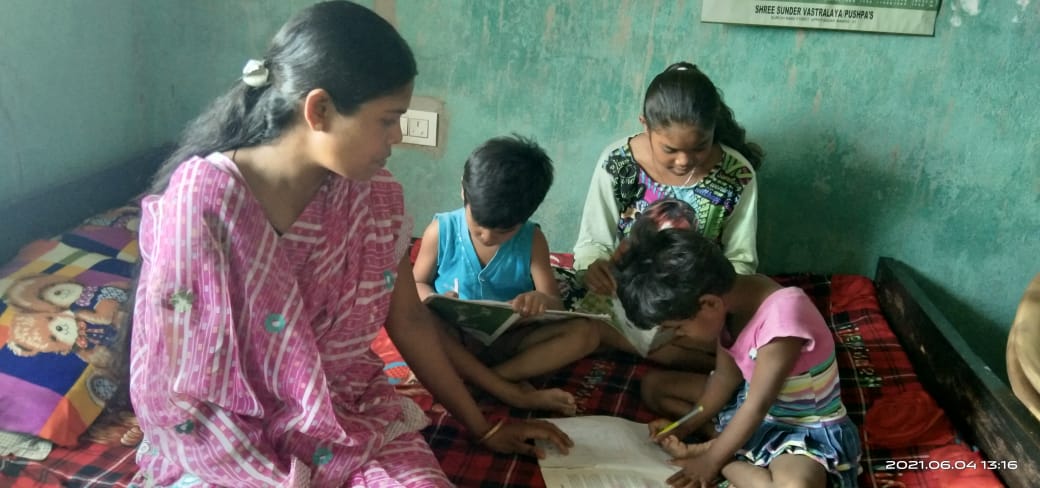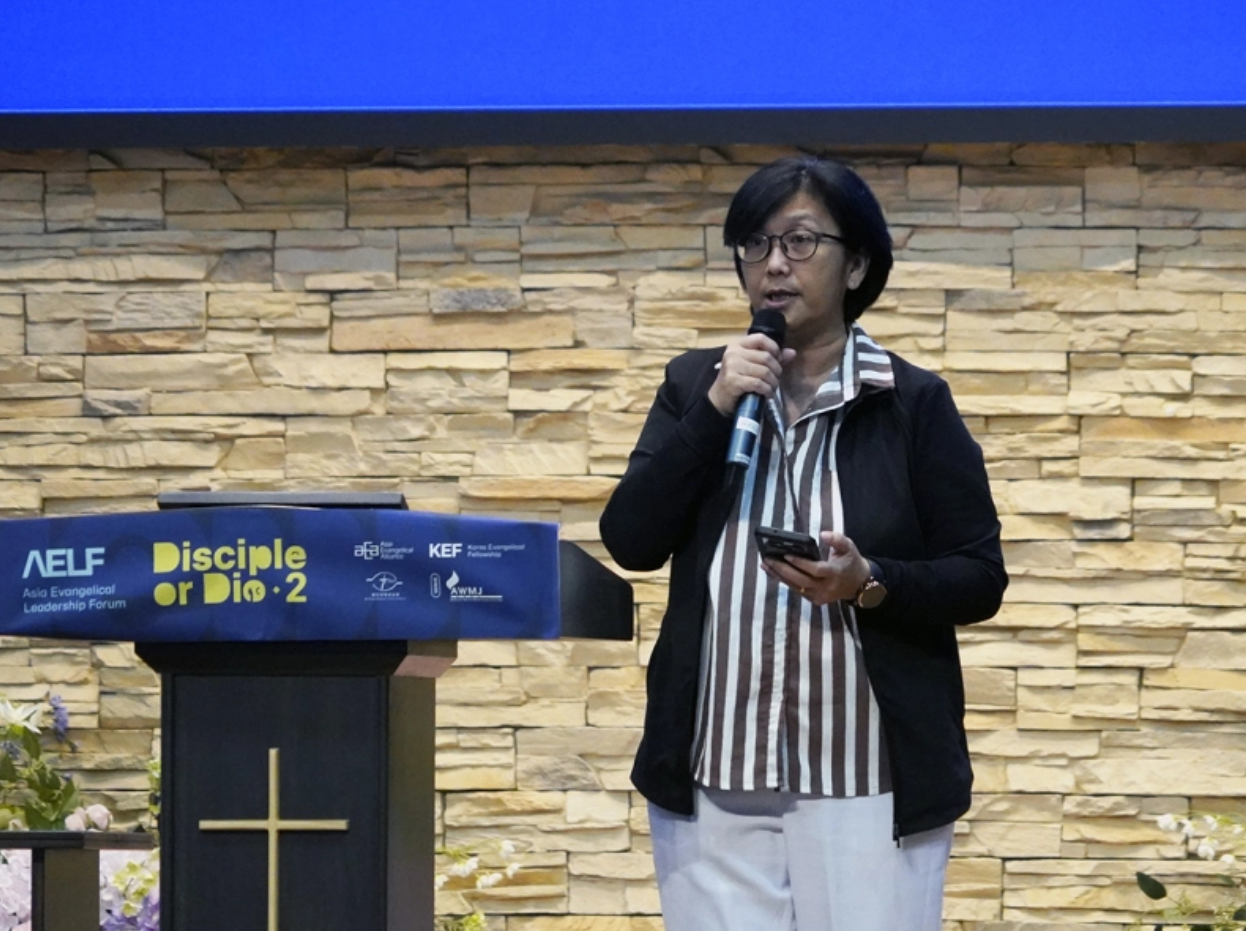Thirteen-year-old Reena lives in Ranchi, India, with her loving mother and two younger siblings. She goes to a private school and hopes to pursue a career as a teacher when she is older. Tragically, this future now seems less attainable for Reena. In 2021, her father, Jeevan, passed away after contracting COVID-19. He died only a few days after being taken to the hospital.

Jeevan’s death left his wife, Shanti, in a terrible predicament. He was the breadwinner for their family, and suddenly Shanti was responsible for providing for her three young children alone. Feeding the family was a struggle, and Reena’s career aspirations started to look more out of reach by the day. Thankfully, World Vision India was able to come in and give desperately-needed financial relief to the family. Without this help, Shanti may not have been able to put food on the table for her children.
Shanti and her daughter Reena aren’t alone in their struggles. Ashmitha is another young girl in India who lost her father, the family’s main financial provider, to COVID-19. World Vision India once again stepped in to support Ashmitha and her family. They provided mental health counselling and material resources like groceries and hygiene kits. Ashmitha misses her father deeply and longs for life after the pandemic, but World Vision India’s assistance helped soften the blow of the incredible loss her family faced.
Sadly, stories such as these are not rare. Last summer, The Lancet released a report revealing 1.5 million children had lost a caregiver to COVID-19. Now, The Lancet’s latest paper tragically uncovers that as of October 2021, the number has skyrocketed to 5.2 million children. It is estimated that one child every six seconds is losing a caregiver.
When a child loses a parent or caregiver, the impact is lifelong. Economic hardship often comes first; mental health challenges can follow, and there’s an increased likelihood of children experiencing emotional, physical or sexual abuse. There’s also an increased chance of children ending up in an orphanage. And, that’s not good news.
Research has shown that orphanages can negatively impact the physical, emotional, and social development of children. When young people ‘age out’ of orphanages, they’re more at risk of unemployment, homelessness, criminal activity, and sexual exploitation.
This all can sound quite bleak, and what these children have faced is certainly tragic. However, there are reasons to be hopeful. The majority of children are not losing both their parents to COVID-19 – which means that strengthening existing families, rather than needing to find new families, is a very real solution.
Despair must not lead us to inaction; instead, hope must lead us to bring about the change these children desperately need.

Too often, when facing a crisis affecting children, building orphanages can appear to be the simplest solution. We saw this demonstrated after the Indian Ocean Tsunami in December 2004, which caused devastation in multiple countries and when it was feared that hundreds of thousands of children might have been orphaned. The response of the Indonesian government – with global funding — was to build orphanages. However, it was later discovered that 97.5% of the children who ended up in institutional care following the devastation of the tsunami were placed there by their own families. Contrary to expectations, many families placed their children in orphanages because they saw it as the best way to ensure their children received an education in a time of poverty and uncertainty.
If only funding had been used to support families directly, children could have been spared the devastation of family separation and the traumas that accompany institutional care. During the current COVID-19 crisis, the church and faith-based organisations must respond differently to properly support these children. But how?
A new collaborative report from top international child welfare organisations, Urgent Action to Overcome the Threat of COVID-19-Associated Orphanhood and Caregiver Death, outlines a three-part strategy for caring action.
PREVENT the COVID-19 associated death of caregivers by accelerating equitable access to vaccines.
- The opinions – and the example – of faith leaders are often highly respected in their communities. Therefore, what they say, and do, in terms of vaccines – along with other strategies for preventing COVID-19, will impact the level of engagement from the wider community.
PREPARE safe and loving family-based care support services.
- COVID-19 can kill incredibly quickly, giving families little time to consider the implications for children who lose a parent or grandparent caregiver. Faith leaders have a vitally important role here. When conducting burials, cremations, funeral services, and other rituals that occur when a person dies, faith leaders are often the first people who meet with family members. Encourage these leaders to ask the questions: ‘Are there any children left behind?’ ‘Who is going to be caring for them?’ Faith communities can also be well-positioned to provide practical support for families in a crisis, increasing the likelihood that a child can remain part of his or her family and thrive.
- We need to call and support governments to invest in child protection systems. This could include ensuring that support is in place for kinship care as well as building the capacity and effectiveness of foster care and adoption. Around the world, World Without Orphans (WWO) has seen churches leading in encouraging Christians to foster or adopt, and advocating for leaders to come together to bring about changes in legal systems.
- It is common for countries to have programmes that support vulnerable families; however, these are often not widely advertised or accessible. Therefore, faith-based organisations can play an important role in bridging the gap. For example, these organisations can identify children at risk and refer those families to the appropriate local authority so an assessment can be taken.
PROTECT children using evidence-based strategies that address their increased risk of childhood adversity and violence and strengthen their recovery and resilience.
- Research has shown that there are activities that should be prioritised if you’re looking for interventions that make the most difference to support families to ensure that children thrive and are less likely to end up in an orphanage. These activities are: (1) parenting support, (2) income generation – specifically cash transfers, and (3) education. Churches and faith-based organisations can be well placed to deliver programmes that are proven to make a significant difference.
Reena and Ashmitha’s families were fortunate enough to receive help from a local NGO, ensuring that they did not go unsupported. As things currently stand, many will not have the same support. COVID-19 has presented the world with a shared crisis – the futures of millions of children are now in the balance. Now is the time for churches across the world to be the hope that’s desperately desired and provide grieving families with the support they need. Let’s be the people who keep families together and help them thrive.
Phil Green is global partnerships lead for World Without Orphans and one of the Lancet Report’s co-authors.




